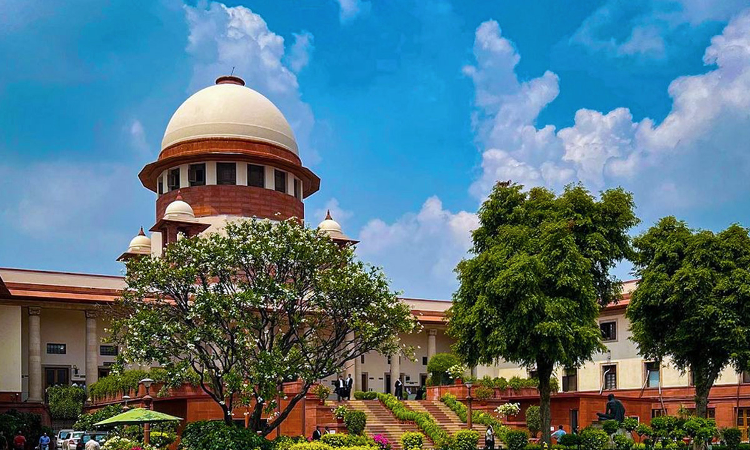The Supreme Court on Tuesday remarked that a visually impaired person appearing for the examination for Advocate-on-Record (AOR) could not be provided with a scribe who was an LLB degree holder or a lawyer. The remark was made in a matter mentioned on behalf of a visually impaired lawyer who was unable to get a clearing for his scribe (who was an LLB degree holder) to assist him in the...

